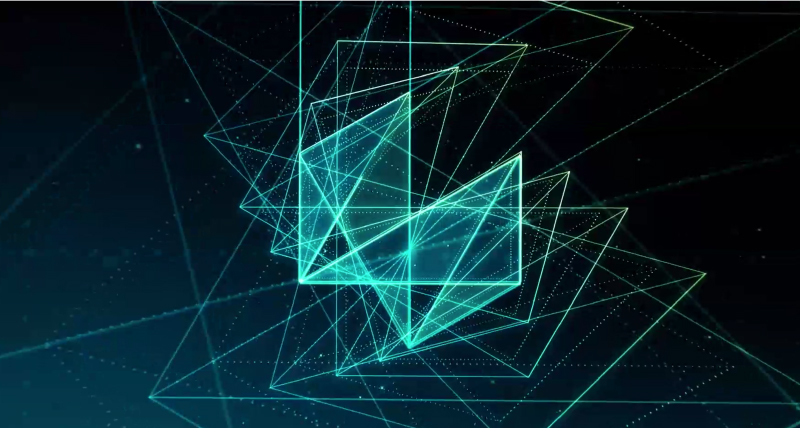As agencies nationwide examine the need for more focused responses to mental health crises in the US, Hexagon is helping to empower 911 dispatchers with the ability to handle situations with the help of mental health professionals.
May is Mental Health Awareness Month in the United States, and smart technology is driving a new development in the way emergency services address mental health crises to de-escalate already tense situations before they become dangerous.
The theme of Mental Health Awareness Month for 2022 is Back to Basics, aimed at “providing foundational knowledge about mental health” in an effort to both educate and empower the public when it comes to recognizing and addressing mental health issues. According to Mental Health America, nearly 1 in 5 American adults will have a diagnosable mental health condition in any given year and 46 percent of Americans will meet the criteria for a diagnosable mental health condition sometime in their life. With so many people continuously affected in the US, agencies around the country from medical personnel to law enforcement are looking for ways to identify best practices for when mental health conditions play a role in interactions with the public.
Washington, D.C. is extending and expanding a pilot program that first emerged in February 2020 from a recommendation by the city’s Police Reform Commission. The new initiative will expand the existing “Right Care Right Now” program, which utilises registered nurses to respond to lower-urgency 911 calls that can be addressed without ambulance or fire services, by integrating a new path into the district’s 911 dispatch system. These types of programs – known as Nurse Navigators – may seem like simple add-ons, but modern dispatch systems require careful and purposeful planning to work efficiently and effectively in an emergency. For that expertise, they turned to Hexagon.
Hexagon is Washington, D.C.’s contracted dispatch technology provider and is working with the district’s Office of Unified Communications to update response technologies used by emergency dispatchers. In a town known for plenty of squabbling about budgets, this upgrade and expansion came with some great news – the cost to D.C. was only about $150,000 in training and tech costs in its first phase, and has the potential to save the city even more money. Nationally, police spend about $918 million a year and a fifth of their time responding to mental-health-related calls, according to the National Association of State Mental Health Program Directors. With the new system, more officers will be able to reallocate their resources to patrolling their neighborhood or responding to other emergencies, and even more can be saved by eliminating wasted resources by ambulance and fire crews.
The city is in the process of recruiting more clinicians for the second phase, allowing for greater caseload and the ability to integrate cases involving drugs or alcohol, which were previously screened out. Call volume routed to the program is expected to quadruple once the new system is fully in place, and the goal is to address a third of all behavioral health calls with the new system in its third phase.
As Nurse Navigator programs become adopted in other parts of the country, the robust technology and smart data utilisation provided by Hexagon software continues to provide new solutions that help people do their jobs with an eye on efficiency, sustainability – and most importantly for emergency services – safety. The landscape of nuanced responses to mental health crises is always changing, and we’re dedicated to helping with solutions that adapt to their environment through data.
Statistics courtesy of Mental Health America. If you are in crisis, text “MHA” to 741741 or call 1-800-273-TALK (8255) to reach a trained crisis counselor 24/7, 365 days a year. Spanish speakers: 1-888-628-9454. Deaf & hard of hearing: TTY users, use your preferred relay service or dial 711 then 1-800-273-8255.

















